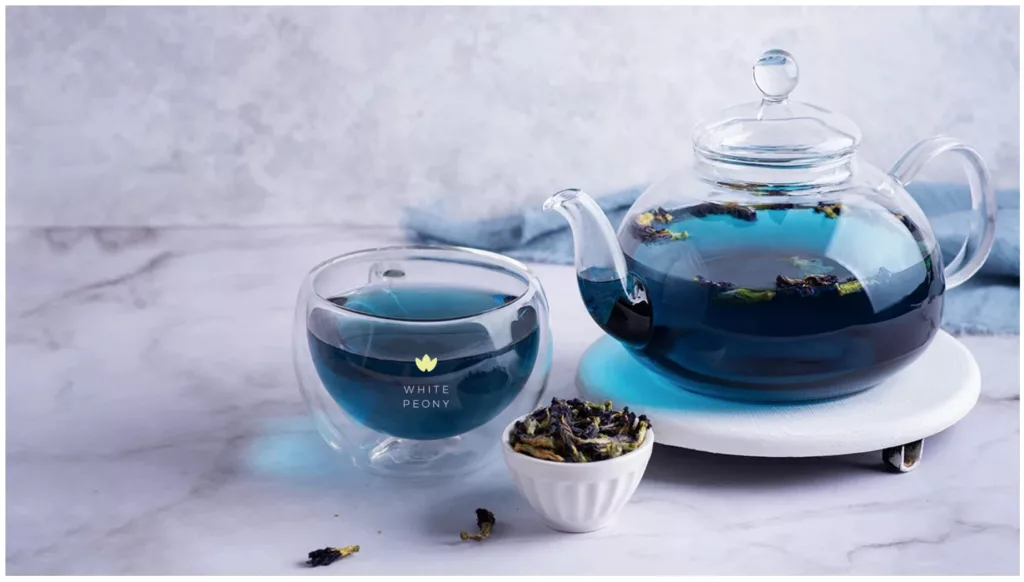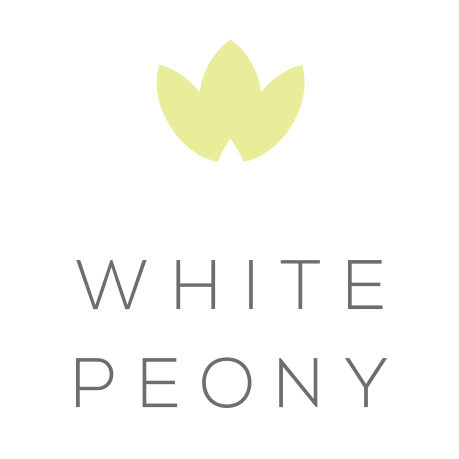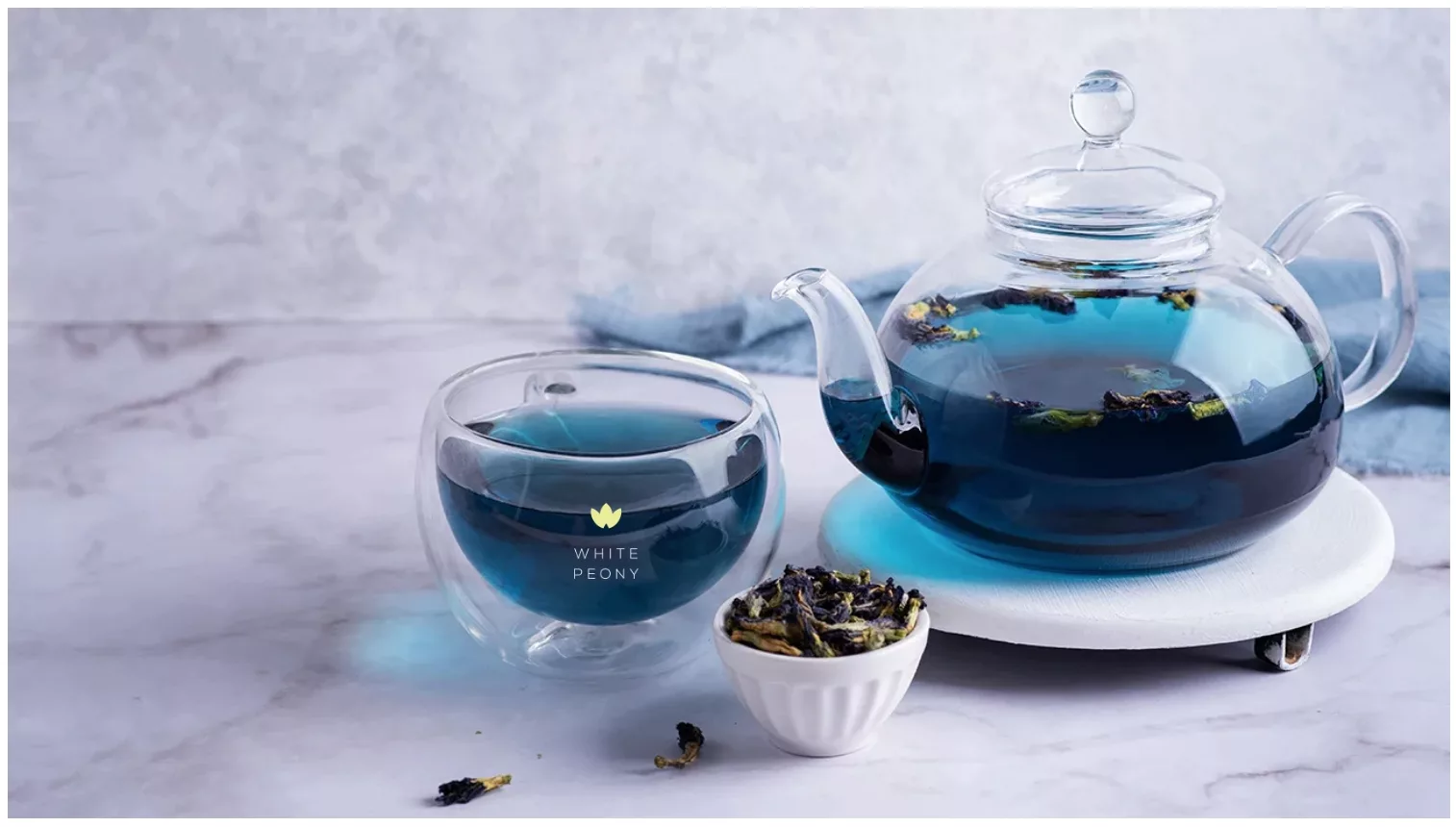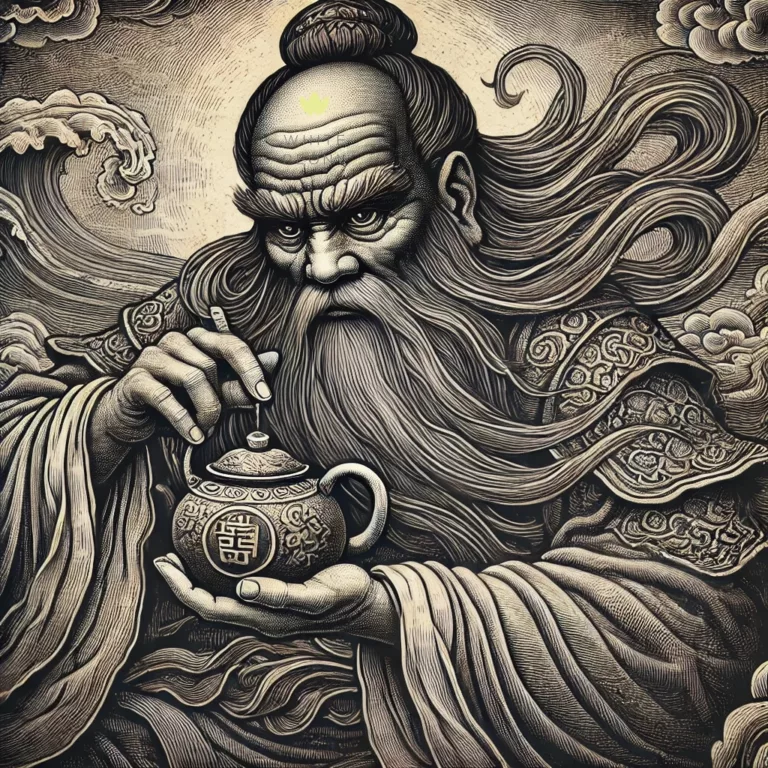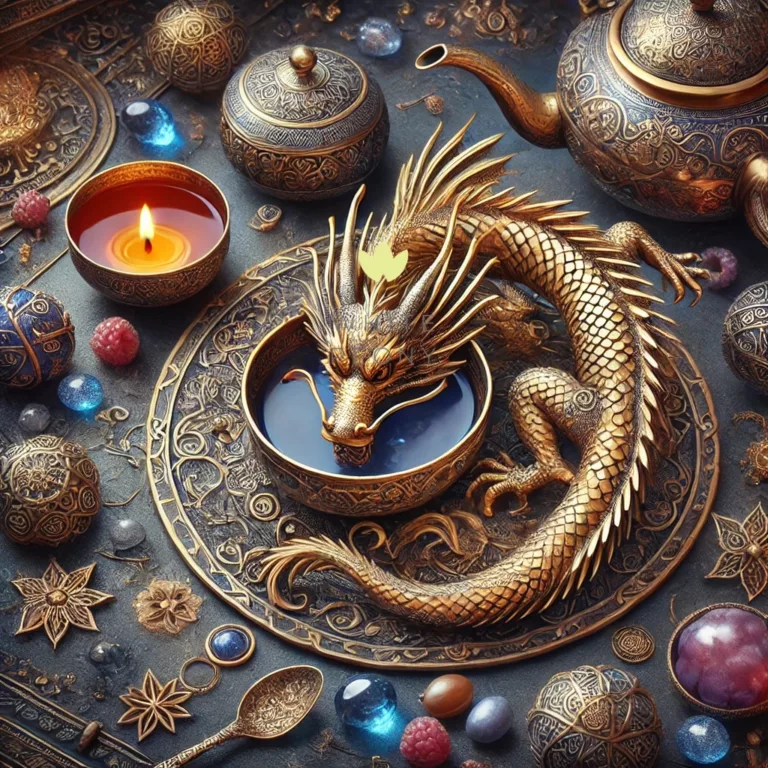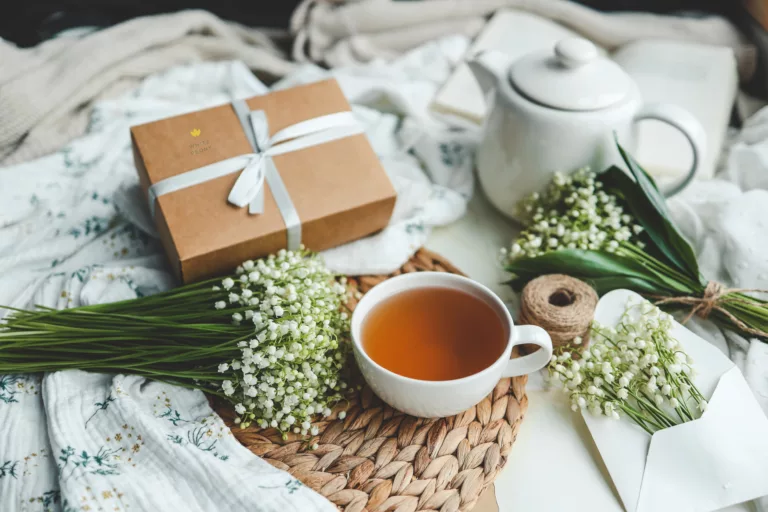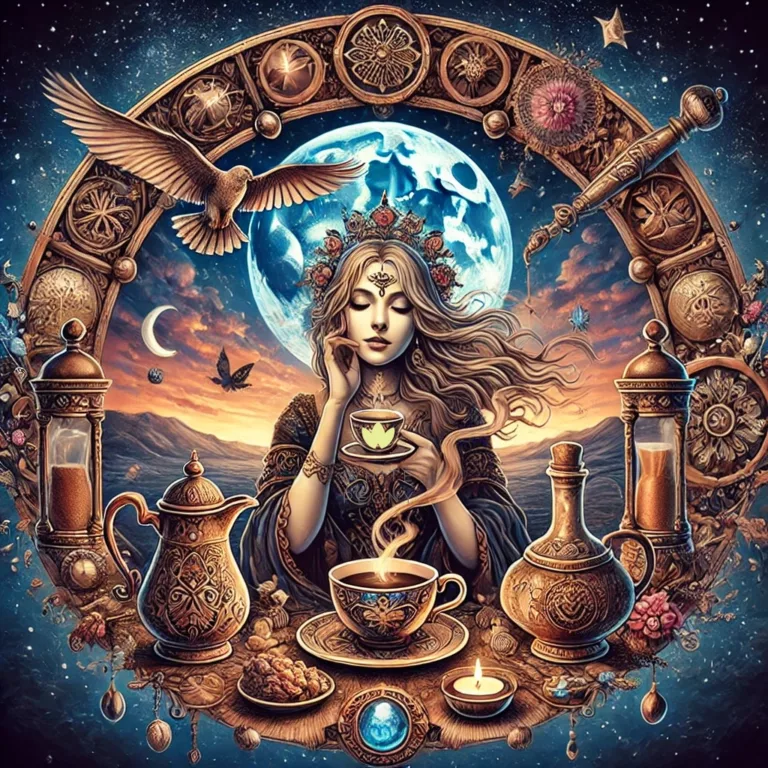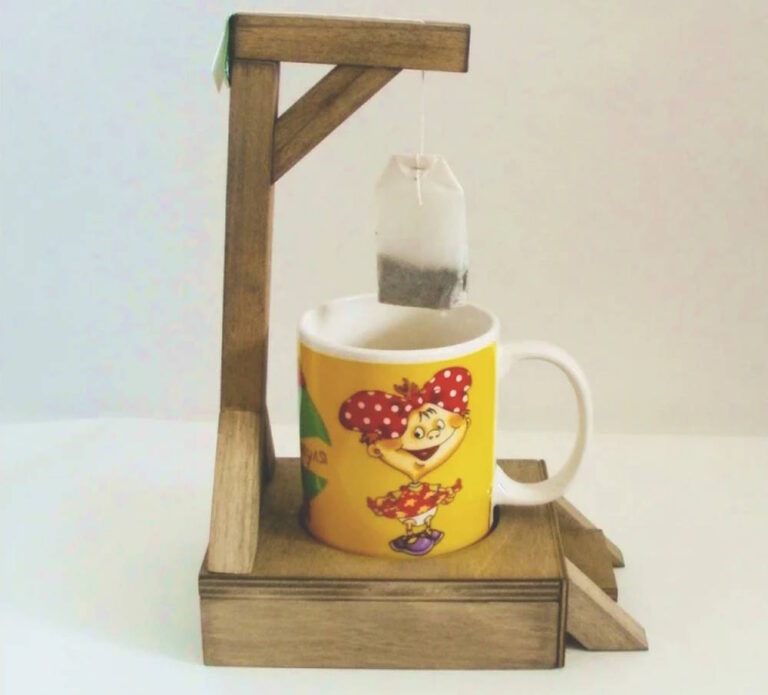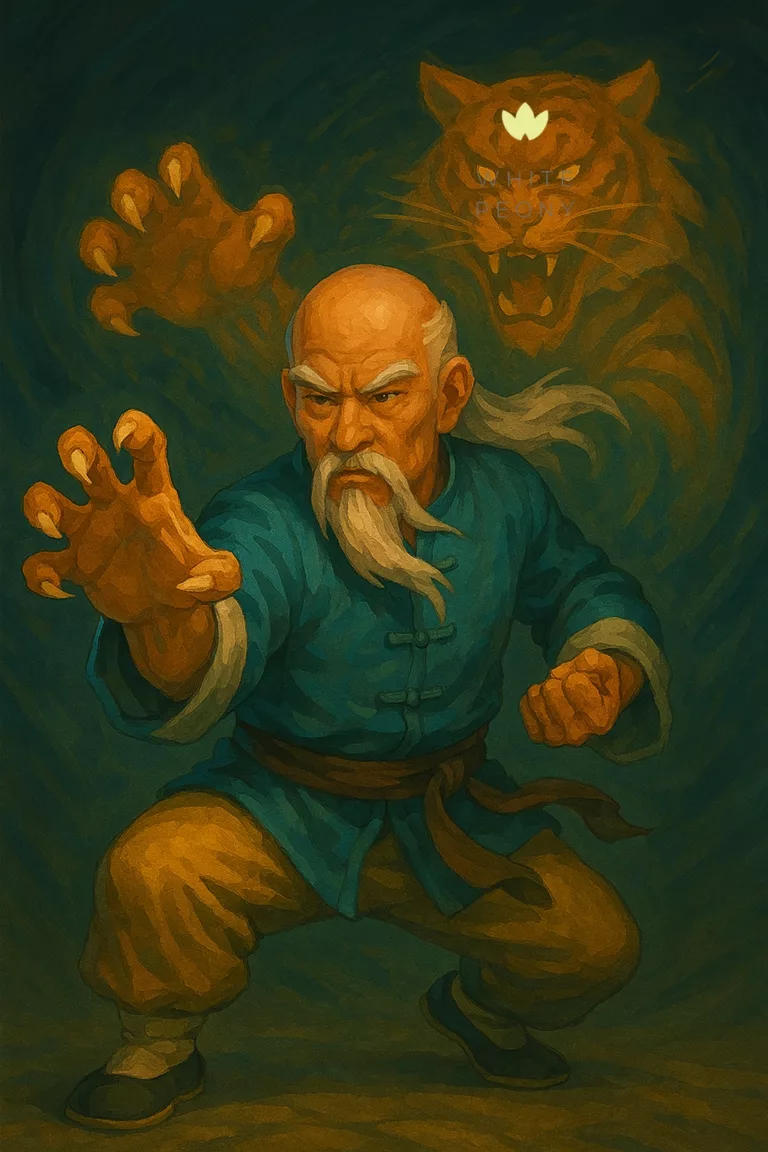Benefits & Considerations
The mesmerizing Anchan tea, also known as butterfly pea flower tea, has taken the wellness and mixology worlds by storm. With its vivid blue hue that transforms with a splash of lemon into a vibrant purple, this caffeine-free herbal infusion is as much a visual delight as it is a flavorful experience. But is it right for you? Let’s explore the pros and cons of drinking Anchan tea.
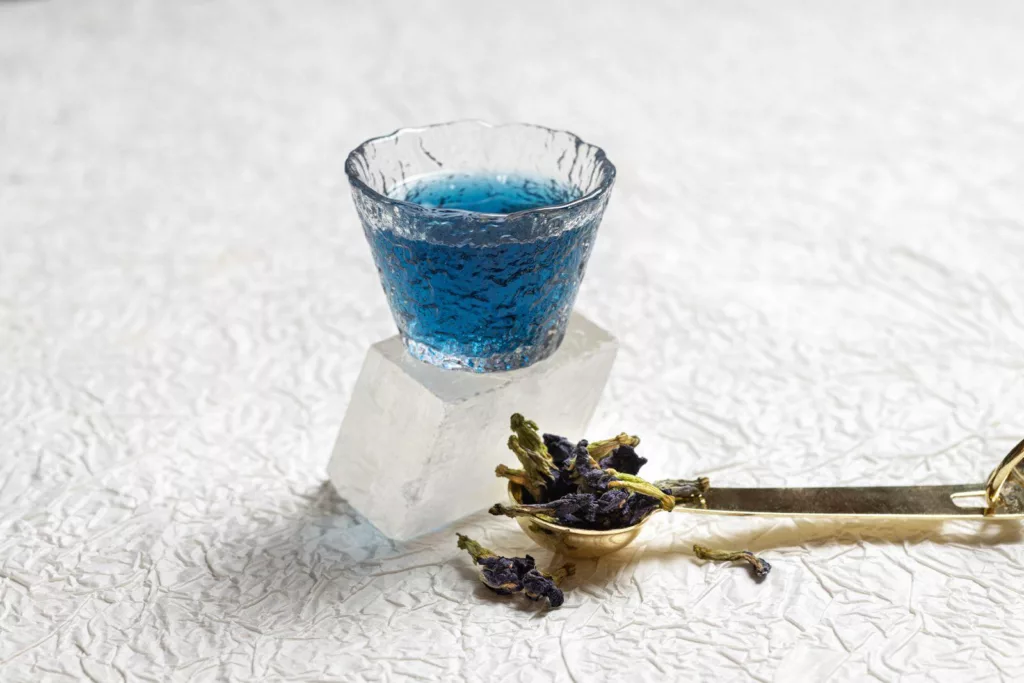
The Benefits of Anchan Blue Tea
1. A Natural, Caffeine-Free Energy Boost
Unlike coffee or black tea, Anchan tea contains no caffeine, making it an excellent choice for those looking to reduce their caffeine intake without sacrificing a moment of sensory pleasure.
2. Rich in Antioxidants
The butterfly pea flower is packed with antioxidants, particularly anthocyanins (the same compounds found in blueberries), which help combat oxidative stress and support overall health.
3. Promotes Relaxation & Mental Clarity
Traditionally used in Ayurvedic and Thai medicine, Anchan tea is believed to have calming properties, helping to reduce stress and improve focus without drowsiness.
4. Supports Skin & Hair Health
Thanks to its anti-inflammatory and collagen-boosting effects, regular consumption may contribute to glowing skin and stronger hair.
5. A Versatile Ingredient for Culinary Creativity
From color-changing iced teas to cocktails, lattes, and even desserts, Anchan tea’s vibrant hue and mild flavor make it a favorite among chefs and mixologists.
6. Aids Digestion
Some studies suggest that butterfly pea flower may help support gut health and ease mild digestive discomfort.
Potential Drawbacks of Anchan Tea
1. Mild, Earthy Flavor May Not Appeal to Everyone
While some enjoy its subtle, slightly herbal taste, others might find it too bland compared to fruitier herbal teas. Adding honey, lemon, or mint can enhance the flavor.
2. Limited Scientific Research
Though traditionally used for wellness, more clinical studies are needed to confirm many of its purported health benefits.
3. Possible Allergic Reactions (Rare)
As with any herbal product, some individuals may experience mild allergies (itching or stomach discomfort). If you have sensitivities, start with a small amount.
4. Not a Miracle Cure
While Anchan tea offers antioxidants and relaxation benefits, it should be part of a balanced diet, not a replacement for medical treatments.
5. Staining Potential
The deep blue pigment can stain fabrics and surfaces, so handle with care when preparing.
Final Verdict: Should You Try Anchan Tea?
Perfect for:
✔ Tea lovers seeking a caffeine-free alternative
✔ Wellness enthusiasts who enjoy antioxidant-rich drinks
✔ Creative minds who love colorful, Instagram-worthy beverages
✔ Those looking for a calming, stress-relieving ritual
Might not be for you if:
✖ You prefer bold, fruity, or spicy herbal teas
✖ You expect strong, immediate health transformations
✖ You dislike subtle, earthy flavors (without enhancements)
How to Enjoy Anchan Tea?
- Classic Hot Brew: Steep in hot water for a soothing cup.
- Iced Magic: Add lemon for a color-changing effect.
- Latte Style: Mix with coconut milk for a creamy blue latte.
- Cocktail Booster: Use as a natural colorant in gin or vodka cocktails.
Have you tried Anchan tea? Share your thoughts in the comments! 💙✨
